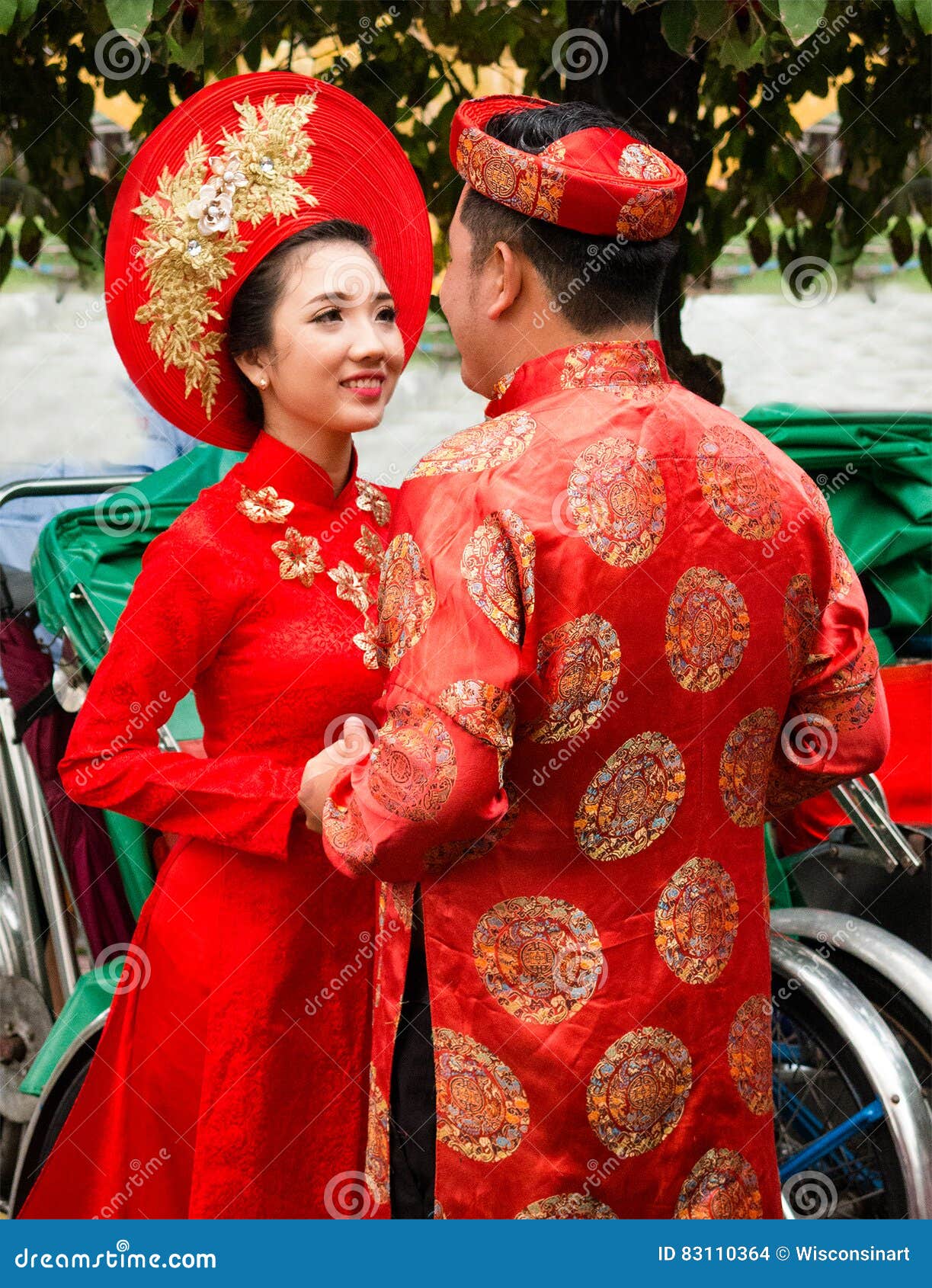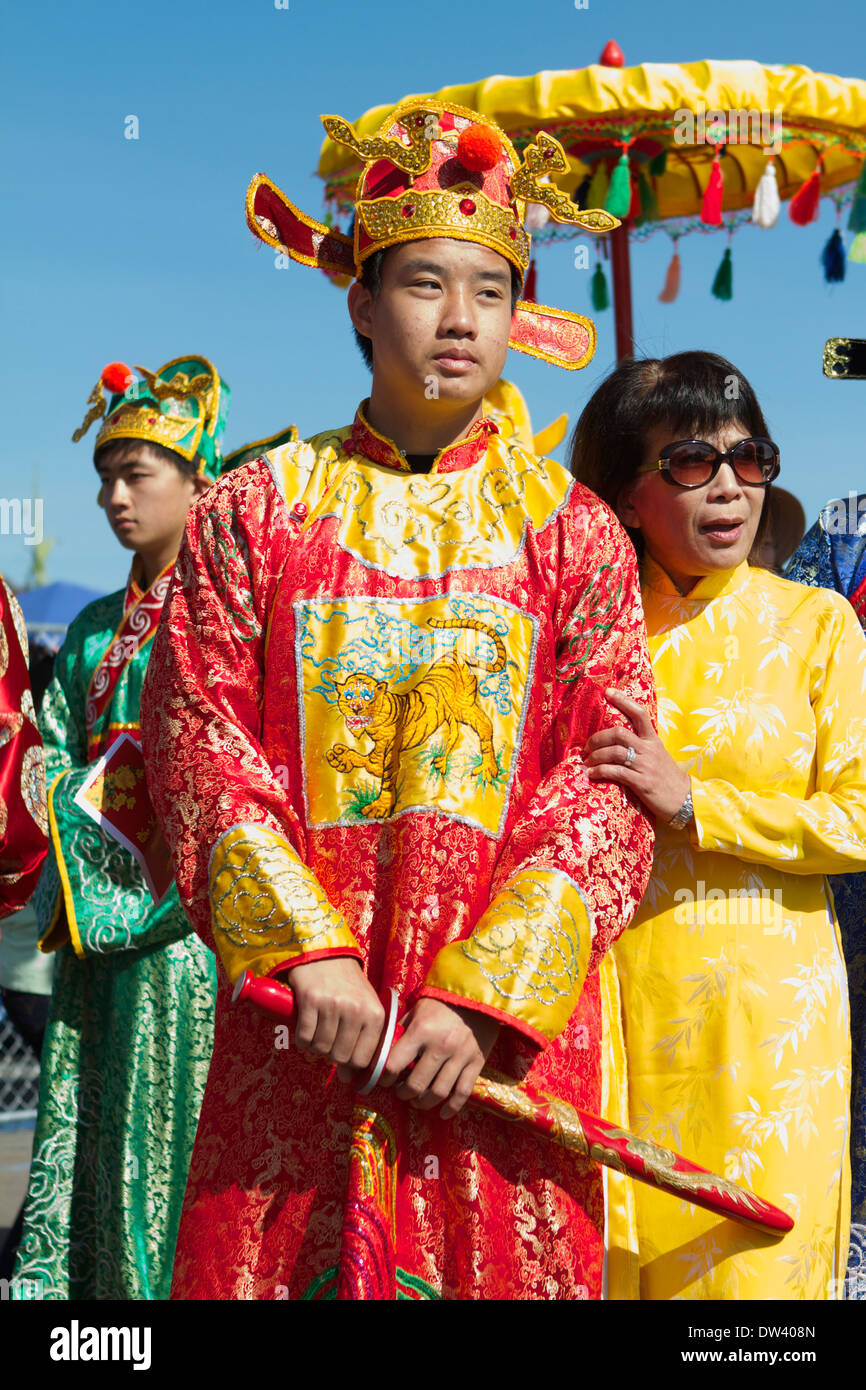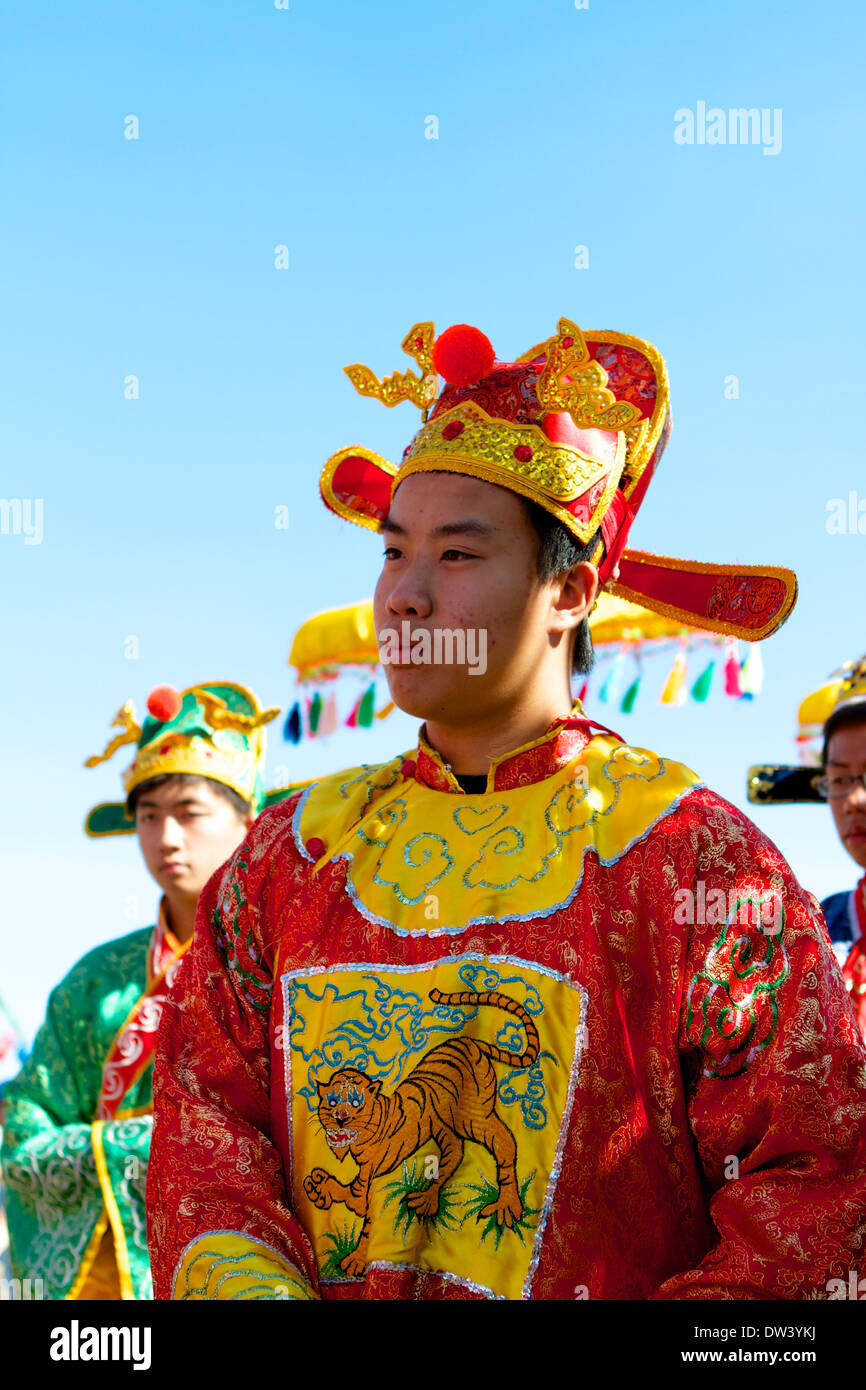The way we talk about different groups of people, especially through humor, really matters. Sometimes, jokes can seem harmless, yet they carry a weight that might not be obvious at first glance. It’s a bit like when you hear something said, and it just sits with you, maybe making you feel uncomfortable, or perhaps it reminds you of bigger issues at play. This is particularly true when we consider jokes that touch on someone’s background or identity, like those sometimes aimed at people of Vietnamese heritage.
There's a whole world of language and culture that comes with being Vietnamese, a heritage that has been shaped over a very long time. For millions of people across the globe, Vietnamese is their first language, a daily way of communicating and connecting. It's the official tongue in Vietnam itself, spoken by the vast majority as their native way of speaking, and you'll find it used by many Vietnamese communities spread out around the planet. Even for folks from different ethnic groups within Vietnam, it often serves as a second language, a really important tool for getting along in daily life, so it's almost a common thread.
This deep connection to language and cultural ways means that when humor steps into this space, it can have a pretty significant impact. We're going to look at how jokes, particularly those that are considered racist or insensitive, have appeared in public conversations and media, and what some of the reactions to them have been. It's about trying to understand the ripple effects of words, and how what might seem like a simple jest can actually resonate quite widely, affecting how people feel and how they see themselves and others, you know, in a way that truly matters.
Table of Contents
- Language and Heritage - A Rich Background
- Cultural Tapestry - More Than Just Food
- Food Connections - A Taste of Home
- Why Do Racist Vietnamese Jokes Cause Harm?
- What is the History of Racist Vietnamese Jokes in Media?
- How Do Comedians Address Racist Vietnamese Jokes?
- Are Racist Vietnamese Jokes Still a Problem Today?
- The Subjectivity of Humor - A Thoughtful Approach
Language and Heritage - A Rich Background
The Vietnamese language, which people call Tiếng Việt, or sometimes just tieng viet if they're not using the special marks, has been around for an incredibly long time. For many centuries, it existed mostly as something people spoke, passed down from one person to the next through conversations and daily life. It’s a language that has seen a lot of history unfold, and it has changed and grown with the people who speak it. Today, it’s the official language of Vietnam, and more than seventy million people were speaking it at the start of this century, a really large number, that is.
It's not just a set of words; it’s a living system of communication, shaped by many things over hundreds of years, like the country's past experiences, the different cultural influences that have come and gone, and some rather unique characteristics of its own. It's also one of the few languages in Asia that uses a particular writing system, which makes it stand out a bit. For the majority of people in Vietnam, this language is their native tongue, the one they grew up hearing and speaking, the one that feels like home, so, it's pretty central to their lives.
Beyond Vietnam's borders, this language travels with its people. The Vietnamese diaspora, those communities of Vietnamese individuals living in various parts of the world, continue to use it, keeping their linguistic heritage alive. It serves as a strong connection back to their roots, a way to stay in touch with family, traditions, and a shared identity, you know, maintaining that important link. For many, it's not just a language; it’s a piece of who they are, a very personal part of their story, and it’s truly important to them.
- Belly Backshots Position
- Longest Instagram Call
- Hanna Cavinder Ass
- Invincible Thragg Voice Actor
- Ugly Seal From Finding Dory
Cultural Tapestry - More Than Just Food
Vietnamese culture is like a beautifully woven piece of fabric, full of traditions that have been handed down through many, many generations. It’s a rich collection of unique customs and practices, from lively celebrations that bring communities together to a truly varied and interesting range of dishes. There’s a lot to discover within this cultural landscape, things that show the depth and spirit of the people. It’s not just about what you see on the surface; there are layers of meaning and history in everything, apparently.
Think about the festivals, for instance. They’re often bursting with energy, colors, and sounds, a time for people to gather, share, and celebrate their shared past and hopes for the future. These gatherings are more than just events; they’re expressions of community and continuity. And the food, well, that’s a whole world in itself. Each dish tells a story, a blend of flavors and techniques that have been perfected over time, making it a very important part of the culture, so, it really is quite special.
This cultural richness is a source of great pride for many Vietnamese people, whether they live in Vietnam or somewhere else in the world. It’s what connects them, what gives them a sense of belonging, and what they often share with others. When we talk about humor, especially humor that might touch on ethnic groups, it’s worth remembering that these jokes are not just about a language or a food item; they can sometimes affect a whole cultural identity, which is a rather significant thing to consider, you know, in a way.
Food Connections - A Taste of Home
When you think about Vietnamese culture, food often comes to mind, and for good reason. It’s a huge part of daily life and celebration. Imagine delicious bowls of pho, with its fragrant broth and tender noodles, or savory banh mi sandwiches, packed with flavorful fillings. These dishes are more than just meals; they're a taste of home, a way to share culture, and a point of connection for many people. You can find Vietnamese restaurants in many places, like Texarkana and its surrounding areas, offering a chance to experience some of these culinary delights, that is.
These eateries provide a space where people can enjoy authentic tastes and, for many, reconnect with their heritage through food. You can look up ratings, addresses, and opening hours for the best places, which shows just how much interest there is in these culinary offerings. The menu at these places often provides a wide array of options, from well-known favorites to perhaps some dishes you’ve never tried before, so it’s pretty diverse.
Food is a very personal thing, tied closely to memory and identity. When jokes touch on food, especially in a way that makes fun of it or the people who eat it, it can feel like a slight against a whole culture. It's a subtle way that racist Vietnamese jokes or similar humor can sneak in, perhaps by making light of something that is deeply cherished and important to a community, which can be a little upsetting, you know, for some folks.
Why Do Racist Vietnamese Jokes Cause Harm?
Jokes, at their heart, are meant to bring laughter, to lighten the mood, or to connect people. But when humor targets a group based on their background, it can stop being funny and start causing real hurt. This is especially true for racist Vietnamese jokes or those aimed at Asian people generally. What one person finds amusing, another might find offensive, and this difference in perception is actually quite important. It’s not just about whether someone "can take a joke"; it's about the impact those words have on people’s feelings and how they are seen in the wider world, you know, how it really lands.
For many Asian Americans, including those of Vietnamese descent, the continued use of racist Asian jokes in the United States has been a stubborn problem. It feels like these jokes feed into old, tired ways of thinking about people, which can make it harder for individuals to feel respected and understood. It’s a bit like a constant reminder that some people still hold onto outdated ideas, and that can be pretty frustrating. When public figures or comedians use such humor, it can make it seem acceptable, spreading these harmful ideas even further, so it’s a bit of a tricky situation.
The harm isn't always obvious or immediate. Sometimes, it’s a slow chipping away at a person’s sense of worth, or it contributes to a general atmosphere where certain groups are seen as "other" or as targets for easy laughs. This kind of humor, even if subtle, can reinforce negative ideas and make people feel unwelcome or misunderstood. It’s a reminder that words have power, and that power can be used in ways that are not always kind or inclusive, which is, you know, something to think about, very much so.
What is the History of Racist Vietnamese Jokes in Media?
The issue of racist humor, including jokes that might touch on Vietnamese people or other Asian groups, has a history in public entertainment and media. There have been instances where comedians and television personalities have faced strong reactions for comments they made. For example, back in 2014, comedian Stephen Colbert caused a lot of backlash for something he said. These moments highlight how public figures can sometimes stumble when it comes to humor that deals with sensitive topics, you know, it’s a bit of a challenge.
Another example involves Donald Trump, who has often said he is "the least racist person there is." Yet, he reportedly made a rather racist joke right before meeting a prime minister. This shows that even people in very high positions can be accused of using humor that causes offense. It suggests that this kind of humor isn't just limited to comedy clubs; it can appear in many different settings, which is, in some respects, quite concerning.
The "My text" also mentions a situation during the Vietnam era, where a joke involved a black man, an Asian man, and a white man on a stakeout. This suggests that such humor has been around for a while, perhaps reflecting the attitudes of different times. While some might have enjoyed such jokes back then, it’s often noted that they haven't aged well, and many of these stereotypes and racist jokes would simply not be acceptable today. This evolution in what is considered appropriate humor is a pretty clear sign of changing societal views, that is.
How Do Comedians Address Racist Vietnamese Jokes?
When comedians face criticism for racist jokes, including those that might be perceived as racist Vietnamese jokes or general Asian jokes, their responses vary. Jay Leno, a well-known TV host, issued an apology for past racist jokes he had made over more than a decade. He admitted that these racial gags were a legitimate wrong and expressed regret for his previous attitude of "screw 'em if they can't take a joke." This kind of public apology shows a recognition that humor can indeed cause harm and that there's a need for sensitivity, you know, a real change of heart.
The Media Action Network for Asian Americans (MANAA) played a role in some of these apologies. They reportedly contacted sponsors of a comedian's upcoming game show, leading to an apology. This illustrates how community groups can exert pressure and advocate for more responsible humor. It's a pretty direct way of saying that certain jokes are not okay and that there are consequences for using them, so, it’s quite effective.
However, not all situations play out the same way. The comedian Shane Gillis, for instance, saw his career continue and even find new success after his racist jokes surfaced. This suggests that some people are willing to forgive or perhaps forget past transgressions, which can make the issue of accountability a bit more complicated. It shows that public opinion on these matters isn't always uniform, and what one person finds unacceptable, another might overlook, apparently.
Are Racist Vietnamese Jokes Still a Problem Today?
Even with apologies and increased awareness, the question remains whether racist Vietnamese jokes and similar humor are still a widespread issue. Some sources suggest that "Asian jokes" have been seen as the "last frontier" in cheap racial humor, meaning they might still be more commonly accepted or overlooked compared to jokes targeting other groups. This idea came up after someone attended a packed Dave Chappelle show, where certain bits served as a reminder of this ongoing issue, which is, you know, a bit disheartening.
There's also the example of a PWC skit that was easy to condemn because it was so obvious in its problematic nature. But often, the racist humor about Asian people these days can be more subtle. Sometimes, the joke isn't about an overt stereotype; it’s simply that the actor is of Asian descent, and that alone is supposed to be the source of the humor. This kind of subtle humor can be harder to call out, yet it still carries a negative message, so it's a very tricky thing to deal with.
The text also mentions specific examples, like Russell Peters' "most racist Chinese joke ever made" and a reference to Donald Trump allegedly asking if a name like Nguyen Xuan Phuc was like "fook yoo." These instances, whether overt or subtle, point to a continuing presence of this type of humor. It highlights that while progress has been made, there's still a need for ongoing conversation and education about what truly constitutes respectful humor, you know, a lot more work to do, perhaps.
The Subjectivity of Humor - A Thoughtful Approach
It’s often said that humor is a very personal thing, and what one person finds funny, another might not find amusing at all. This is a crucial point when we talk about jokes, especially those that touch on sensitive topics like race. Therefore, it’s really important to approach these kinds of jokes with a sense of care and consideration for others. Just because something makes you laugh doesn’t mean it’s appropriate or harmless for everyone, you know, a pretty simple idea, really.
For instance, there's a Chinese joke mentioned: "Confucius say nothing more contagious than laughter…at least until you catch the coronavirus." While some might find this funny, others could see it as insensitive, especially given the global impact of the pandemic and the rise in anti-Asian sentiment. This illustrates how context and timing can greatly affect how a joke is received, making it a bit more complex than just a punchline, that is.
Ultimately, the goal isn't to stop all humor, but to encourage a kind of humor that brings people together rather than pushing them apart. It's about being thoughtful about the words we choose and the impact they might have on different communities, including those of Vietnamese heritage. When humor is used to belittle or stereotype, it stops being a tool for connection and becomes a source of division, which is, in some respects, a shame, isn't it?
This discussion has explored the Vietnamese language and culture, how food connects people, and the ways racist jokes, particularly those aimed at Asian people, have appeared in media and public discourse. We’ve looked at how comedians and public figures have addressed these issues, the ongoing challenges, and the importance of approaching humor with sensitivity, considering its potential effects on diverse communities.



Detail Author:
- Name : Bennie Dicki
- Username : jerdman
- Email : gabe77@gmail.com
- Birthdate : 1976-03-25
- Address : 349 Luigi Village Lindgrenfort, WV 89252
- Phone : +1-442-520-6689
- Company : Little Ltd
- Job : MARCOM Director
- Bio : Repellendus placeat ea ut est assumenda. Eos reprehenderit odit quidem ratione aut. Alias accusamus occaecati consequuntur omnis enim dolorem.
Socials
twitter:
- url : https://twitter.com/niko_kiehn
- username : niko_kiehn
- bio : Molestias eius quia nam laboriosam sed id. Veniam ut excepturi dolorem aut. Praesentium et alias reiciendis reprehenderit eos non.
- followers : 2388
- following : 1026
tiktok:
- url : https://tiktok.com/@niko_kiehn
- username : niko_kiehn
- bio : Numquam et aut debitis est ipsa. Et occaecati harum aut quia.
- followers : 1449
- following : 930
linkedin:
- url : https://linkedin.com/in/niko_kiehn
- username : niko_kiehn
- bio : Delectus occaecati qui eum esse ipsa.
- followers : 2012
- following : 543
instagram:
- url : https://instagram.com/nkiehn
- username : nkiehn
- bio : Non pariatur qui blanditiis sit. Ex velit dolorem nostrum magni qui.
- followers : 6691
- following : 1235
facebook:
- url : https://facebook.com/niko_kiehn
- username : niko_kiehn
- bio : Ducimus doloribus similique sed. Mollitia sit et culpa qui est saepe nihil.
- followers : 155
- following : 2651